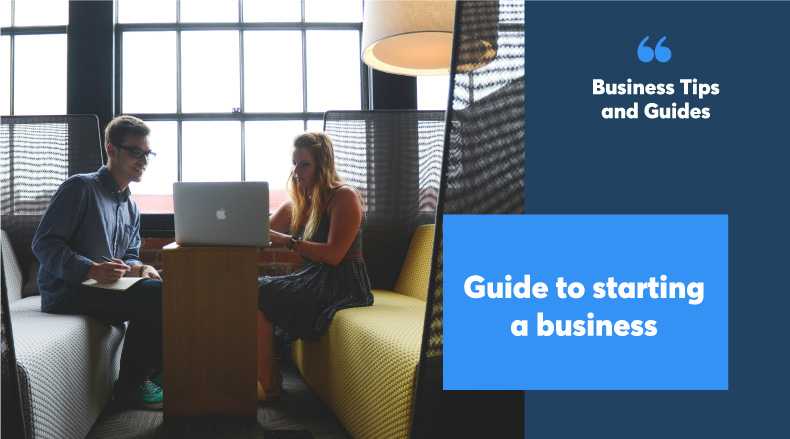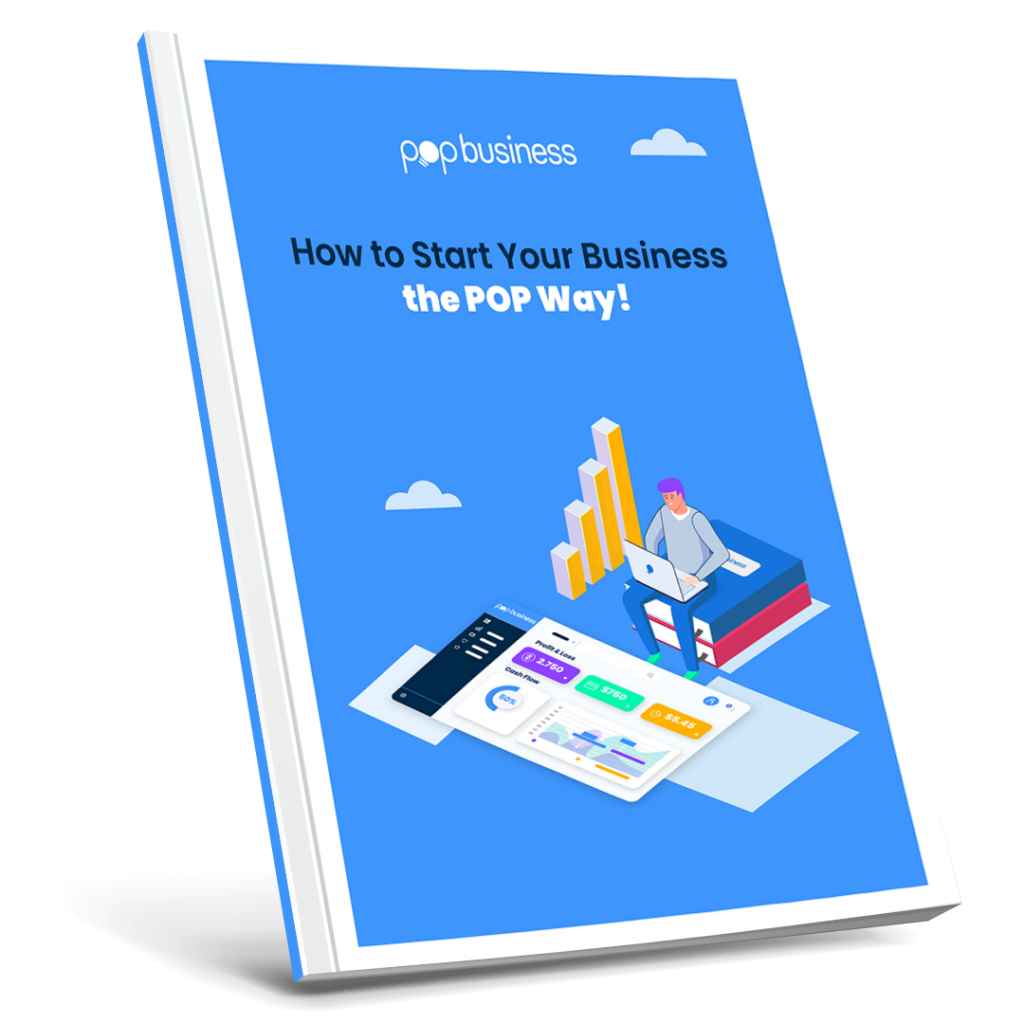Since small businesses account for almost 98% of all enterprises nationally, the question of how to start a business in Australia is indeed a popular one. To help you transform your vision into a viable undertaking, we’ve put together a roadmap, beginning with a general framework of how to get your business off the ground, then providing further insight into retail, service and home-based industries.
1. Fine tune your idea
Your first stop to starting a small business is to have an idea that sells. Creating a good business idea involves market research. You’ve got to be clear about the basics like what problem your business will solve, who your customers might be, why they’ll buy from you and how much they’ll pay for it.
You also have to understand the sector you’re in and identify your competitors. While current trends are important, it’s worthwhile to look ahead too — talking to an industry expert is often helpful for this.
2. Choose a business structure
Next, you’ll need to choose how you will operate your business, say as a sole trader or a limited company. It’s an important decision because it affects your setup costs, how your profits are taxed and whether your personal assets are at risk if something goes wrong.
3. Determine location
Where you carry out your operations can profoundly impact on your setup and ongoing costs, so clarity around location early on is helpful. It could also affect the licences, permits and registrations you’ll need to operate lawfully.
4. Work out the numbers
Of course, you can’t get your business off the ground and keep it running without sufficient funding.
The research you’ve done so far — around your product or service, business structure and location — should give you some idea of how much money you’ll need to get started.
At this point, it’s worth putting together a financial budget detailing your ongoing revenue and cost expectations to show that your venture is financially viable. Costs may relate to product (such as inventory purchases), fulfilment, marketing and operational costs.
5. Put it into a business plan
Now that you’ve crunched the numbers, it’s time to work on securing funding. This is best done with the support of a clear and well-considered business plan.
Creating your own business plan involves setting out a blueprint of your vision — the product or service you’ll provide, marketing strategy to connect with your customers, your business structure, anticipated finances and the actions you’ll take to realise your vision.
6. Get licences, permits and registrations
To operate legally, you’ll need to use an Australian Business Number (ABN) for all your business dealings. If you’re creating a business name, you’ll also have to register it with the Business Registration Service. You may need other registrations and licences depending on the nature of your undertaking.
7. Keep track of finances
It’s a good idea to decide from the outset how you’ll keep track of business finances.
While some business owners will be able to do their own books with the help of spreadsheets and templates, others will benefit from having an accountant and using cloud accounting software such as Xero.
Xero can handle a multitude of tasks with accuracy and speed, from bank reconciliations, customer invoicing, payroll and more. Talk to POP if you want to find out about this — we offer all our clients a 20% discount on their Xero subscription.
8. Consider business insurance
Whether it’s insurance for equipment or coverage for liability claims, it’s important to protect company assets and limit your financial liability.
Otherwise you could face out-of-pocket payments that puts an end to your business ambitions.
Now that you understand the general steps involved in launching a business, let’s delve into specific considerations for popular business types.
Service businesses
How to start a cleaning business in Australia
Starting a cleaning business in Australia is popular because it’s usually quick and inexpensive to set up. It’s a fantastic option if you’re looking for a flexible work schedule.
Being physically fit is important for this kind of work, as is clarity around the type of cleaning you’d like to do — i.e. domestic or commercial. You’ll need to understand local demand and adopt a competitive pricing structure to succeed.
How to start a food or restaurant business in Australia
A food business can be anything from operating a food truck, restaurant, café or takeaway shop. Regardless of which you choose, you’ll need to register with a local authority and obtain a food business licence.
Different registration and licensing rules apply in different locations, so you’ll need to check the guidelines that apply in your state or territory and your local council.
You must be on top of and comply with food safety obligations, as you can be audited at any time.
Retail businesses
How to start a clothing business in Australia
Having sufficient funds to meet ongoing costs is vital. You’ll have to budget for things like rent, remodelling of retail space, utilities, insurance, inventory, merchandising displays, employees, technology and marketing.
Your retail space has to be big enough for product display, dressing room, inventory storage and potentially a back office area too.
When selecting retail suppliers, you’ll need to look beyond costs and take into account vendor reputation and garment quality.
Home-based business – How to start a cleaning business in Australia
How to start a business in Australia from home
Of course, not every business requires physical presence. Clothing for example, can be sold through an online boutique.
Selling online requires a great website and strong customer connection. This means having a SEO friendly domain name, targeted content and a digital marketing strategy.
How to create a subscription based business
A growing niche, subscription based businesses rely on charging customers a recurring fee to access a product or service. From make-up, recipes to magazines, you can use the subscription approach for all kinds of things.
Budgeting is especially important — you’ll need enough money to create your product or provide your service, and to cover packaging and fulfilment costs. Your pricing structure must be spot on too.
As you can see, starting a business in Australia involves a number of steps. If you want help to get your business up and running, talk to the experts at POP. From company set up to pitching loan applications, we’ve supported many business owners on their entrepreneurial journey. So get in touch with us today and learn more about How to start a business in Australia!



